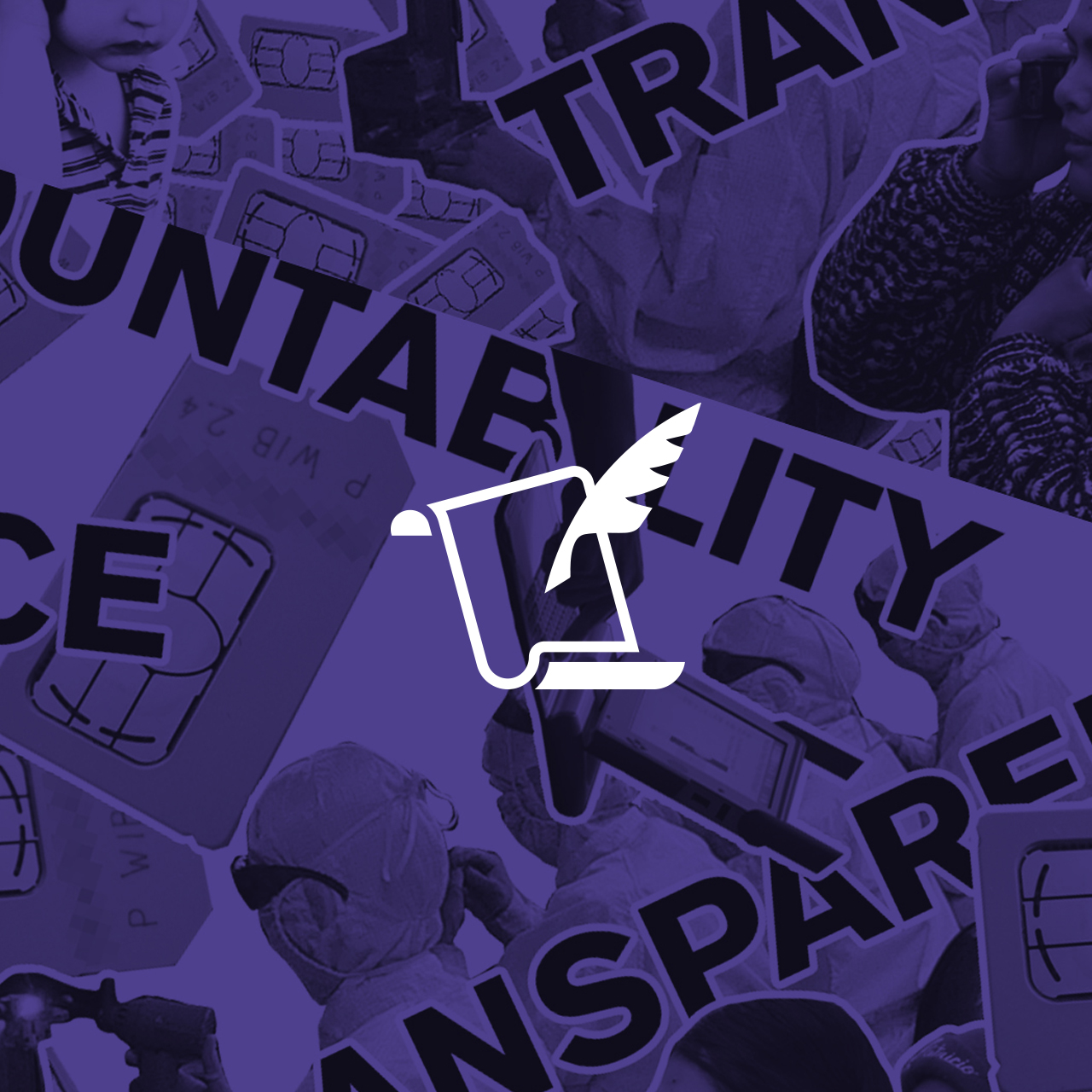
Hundreds of millions of people are using corporate-owned networks and platforms to exercise their right to freedom of expression. This has been a boon to many, who would not have been able to impart or seek information to such a degree without it. As a result, the telcos and technology corporations that run these platforms possess an increasing power over our human rights. This is a significant responsibility that must be taken seriously by the tech sector.
Sometimes their policies and practices can result in violations of our rights — but those same policies and practices also create opportunities to engage with companies and demand change. After all, corporations are governed by laws that require transparency and a voice for shareholders, as well as by corporate bylaws that allow investors in a company to question board members and upper management at Annual General Meetings, or AGMs.
At Access, we often use these meetings as a platform to advocate for better policies that respect human rights. This month, we partnered with U.K.-based ShareAction to personally ask the board of BT (formerly British Telecom) about its plans for increasing transparency. As a result, BT Board Chairman Sir Michael Rake invited Access and ShareAction to a meeting to discuss these plans, and we intend to share what we learn.
One reason that this kind of approach can be successful is that it is built on the principle of dialogue, not “gotcha” activism. Before we attend AGMs, we send our questions to the people we are seeking answers from. This gives them time to develop a thoughtful response in the context of respectful engagement that is directed toward putting the company’s own human rights commitments and responsibilities into action.
Corporations have a strong motivation to ensure that they live up to these responsibilities, apart from protecting their customers: reducing the risk for investors. When companies proactively disclose information about the risks they face, including threats to their customers’ rights, investors benefit. They understand what is happening before — not after — a human rights crisis hits the headlines.
Access is a strong proponent of transparency reporting, which has now become an important norm for technology companies and the telecom industry. Other organizations and projects, such as the Electronic Frontier Foundation, the Center for Democracy and Technology, and the Ranking Digital Rights project, have also championed transparency reporting as an important tool for measuring and encouraging the adoption of corporate protections for privacy and freedom of expression. Transparency reports can provide vital insight to practices such as government and law enforcement surveillance, and show whether and how a company is respecting human rights.
Corporations themselves are also innovating in this arena. When Google issued its first transparency report in 2010, it demonstrated the value of providing users with as much information as possible about threats to their rights. While some information is hidden behind laws barring disclosure — or because companies fear revealing the “secret sauce” for their products — much more can and should be disclosed.
Access helped to propagate the norm of transparency reporting in the telecom sector when we challenged Vodafone to increase transparency at its 2012 AGM. Two years later, the company released a groundbreaking transparency report, followed by an exposé that details the laws that enable government surveillance and network shutdowns in 28 countries. Today, our Transparency Reporting Index catalogs around 50 reports by companies that provide detailed information about government requests for information.
The trend toward increased transparency is transforming the sector. It used to be that privacy, data, and security questions were handled in silos, by legal teams or Corporate Social Responsibility departments. Now they have been rightly elevated to the board level, with cross-company task forces, Chief Privacy Officers, and even third-party assessments of corporate practices. Boards are acknowledging the real costs of inattention to privacy, readily apparent in the fallout from security breaches like the one at Sony. For our part, we have begun to document the “business case” for digital rights, publishing a memorandum, Digital Rights and Business: A Primer on Risks and Solutions for the ICT Sector [PDF].
These issues are likely to become even more important as the tech sector continues to expand. The internet of things means that devices such as refrigerators and cars are increasingly connected online. It’s not only Facebook or Google that will grapple with questions about the impact of technology on human rights. The General Electrics and Tata Motors of the world are already entering the fray.
It is only appropriate that Access, dedicated to defending and extending the digital rights of users at risk around the world, leverages every opportunity to effect change for the benefit of users. It’s up to us — civil society groups, impact investors, and customers — to hold companies accountable to their responsibility to respect human rights. Next week, we’ll be at the Vodafone AGM again, this time to ask about its commitment to encryption.
We hope you join us in this effort, attend next year’s RightsCon, and follow us on Twitter or Facebook to learn more.
